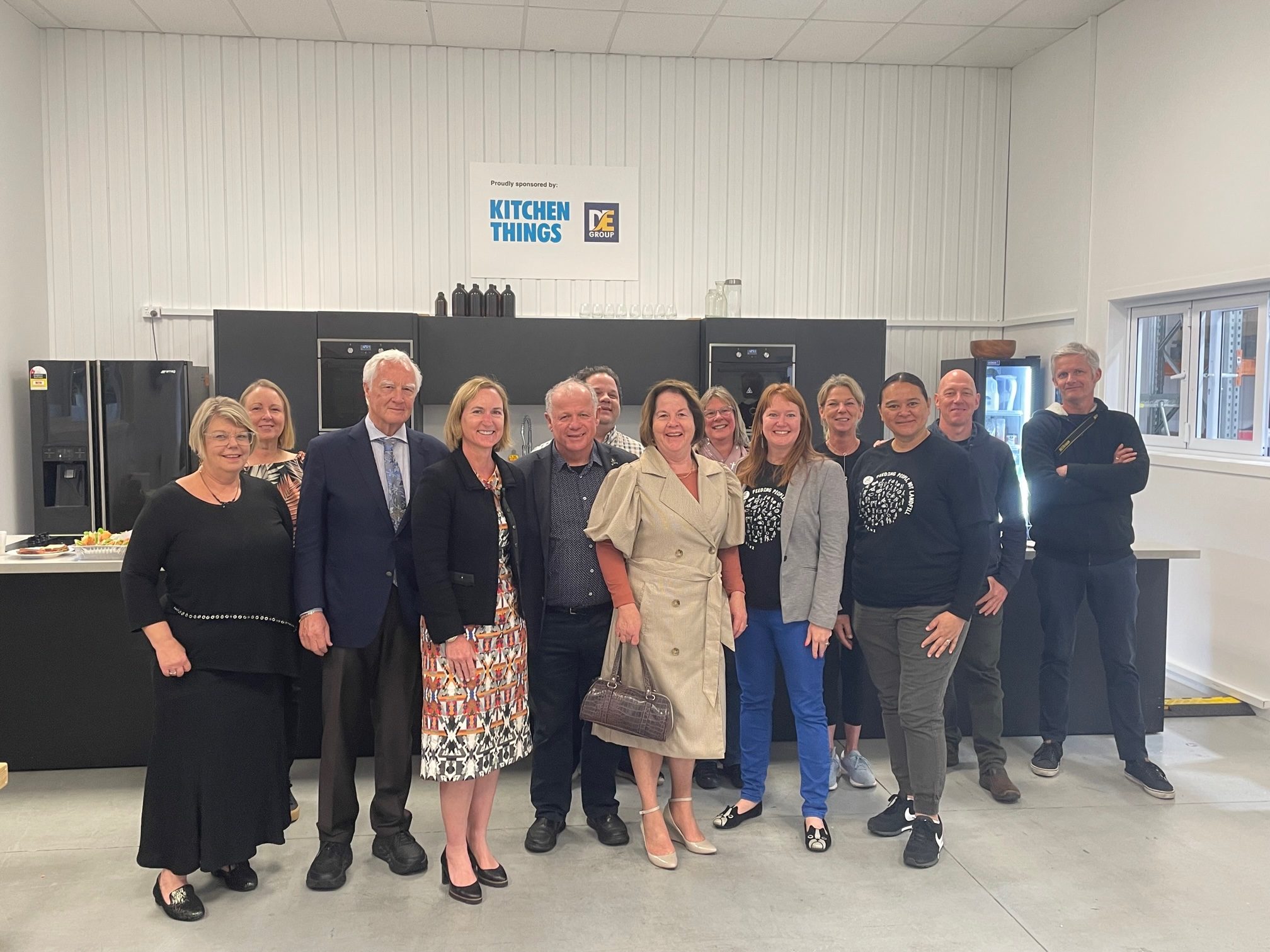On Saturday at 10am, someone was called to help in West Auckland and by 11am, Give a Kid a Blanket co-founder Bernie Harfleet and his partner have provided for another family in need.
“[It’s] pretty typical really. We get a phone call or email from police in the morning. She’s gone to an incident, she’s found a family that needs some support,” Harfleet said.
That support comes in many forms, whether it’s food, blankets, sanitary items, clothes, toys and nappies – it’s all available on request.
“They’ve been lifesavers. For families that don’t have anything to have a wee gift of food or pyjamas or blankets and there’s always something extra that goes in – it’s just fantastic,” crisis counsellor Teresa Thomson said.
“The need has been higher than ever before. More and more charities are calling us for more and more kai,” Fair Food General Manager Michelle Blau told Newshub.
Two hundred people volunteer at Fair Food each month, and in December alone it’s handed out more than 100,000 meals.
“It’s a need that never seems to have an end, but also we’re happy that we’re here to try to meet it,” Blau said.
Helping make a difference not only at Christmas but every day of the year.
—
This story originally appeared on the TV 3 evening news on Christmas Eve with a feature of one of our recipient charities – Give a Kid a Blanket. Watch it here.






